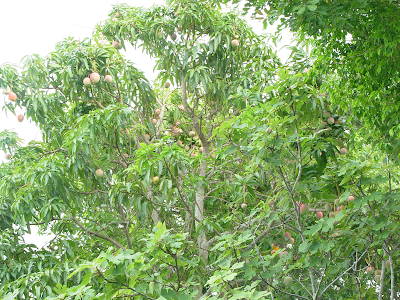Virus Mutation
By Dr. Vishnu Reddy Apr 11 This article is a Reblog Graphic by this blogger
Now there is a looming phrase in the media that threatens to delay an end to our collective dilemma — mutation. So what is a mutation exactly? Is it dangerous? And what does a mutant strain mean for you?
Here, we’re going to break down these three ideas and the medical information behind them to better equip you moving forward."
What is a Mutation?
A mutation is essentially a random change in the genetic code of the virus. The genetic code is essentially a blueprint for the virus that tells itself how to build new virus particles after it infects our bodies. So when there is a change, or a mutation, in the blueprint the structure of the virus and the particles on the virus change.
These changes can be tiny or large depending on the type of mutation. Sometimes this can lead to really significant changes in how easily the virus can infect our body. But sometimes it can also weaken the virus too. It really does depend on the kind of mutation we are talking about, because by their nature, mutations are unpredictable.
Is a Mutation Dangerous?
When we are talking about something like a mutation it can be easy to think that mutations are dangerous. After all, most news headlines seem to make it sound like it is. But we already said that it isn’t necessarily true. So what’s going on?
Mutations are random changes. Being so, they can be randomly good or randomly bad for the virus and for us. Sometimes these mutations can end up being harmful for the virus. For example, it might accidentally make a virus particle that makes it harder to attach to human cells. This sort of mutation would be bad for a virus. Ultimately these viruses die out because they won’t be able to survive.
Some, though, go in the opposite direction. Some COVID-19 strains have developed viral particles that can bind to human cells even better and avoid attacks from the human immune system. These mutations turn out to be helpful to the virus and allow it to survive and create more copies of itself. This is how a new strain is born. How a new strain behaves is hard to predict, but it isn’t always necessarily the case that it will be worse. Consider for a moment that we have a new flu strain nearly every year. But the symptoms of the flu are generally the same every year. A mutant strain does not automatically mean you are going to get a different kind of disease.
What Can I Do About Mutant Strains Of A Virus?
For the time being, the best thing you can do is to avoid getting sick in the first place. Social distancing, mask wearing and frequent hand washing are great methods to prevent infection. Luckily the COVID-19 pandemic has made these practices widespread and you likely already have made good habits to keep yourself healthy.
The next best thing you can do is to get a vaccine. Not all vaccines are made equally and some vaccines, especially for COVID-19, are more effective than others. As mutant strains evolve the effectiveness of the vaccines will vary.
So why bother getting a vaccine at all? Simple: because some protection is better than no protection. No vaccine is 100% effective. As viruses continue to mutate and change their behavior, companies and governments will likely keep updating their vaccines to improve their effectiveness. So in case you do get sick, your body will still have a leg up on the virus and prevent what might’ve been a worse outcome.
DISCLAIMER: This article is for educational purposes only. This should not replace the speciality or counseling of your physician.
Doctor. Writer. Let's debunk pseudoscience and misleading news with facts and real evidence. Nothing more. Nothing less.










Comments